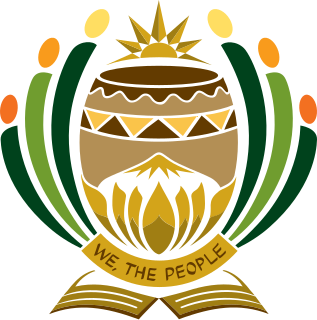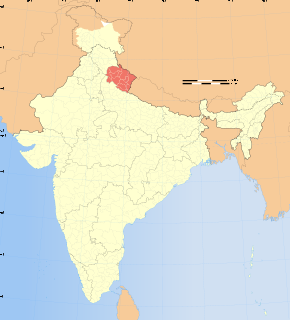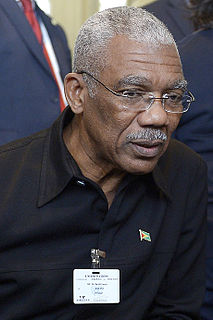
The politics of Guyana takes place in a framework of a presidential representative democratic republic, whereby the President of Guyana is the head of government and of a multi-party system. Executive power is exercised by the President, advised by a cabinet. Legislative power is vested in both the President and the National Assembly of Guyana. The judiciary is independent of the executive and the legislature.
The recorded history of Guyana can be dated back to 1466, when Guyana de Ojeda's first expedition arrived from Spain at the Essequibo River. The history of Guyana has been shaped by the participation of many national and ethnic groups, as well as the colonial policies of the Spanish, French, Dutch, and British. The African slave rebellions in 1763 and 1823 were seminal moments in the nation's history. Africans were enslaved and transported to Guyana as slaves; in contrast, East Indians came as indentured labourers. Guyana's recent history is characterized in particular by the struggle to free itself from colonial rule, and from the lingering effects of colonialism.

The Parliament of South Africa is South Africa's legislature and under the country's current Constitution is composed of the National Assembly and the National Council of Provinces.

The National Congress of Brazil is the legislative body of Brazil's federal government. Unlike the state Legislative Assemblies and Municipal Chambers, the Congress is bicameral, composed of the Federal Senate and the Chamber of Deputies. The Congress meets annually in Brasília, from 2 February to 27 July and from 1 August to 22 December.

Elections in Guyana take place within the framework of a multi-party representative democracy and a presidential system. The National Assembly is directly elected, with the nominee of the party or alliance that receives the most votes becoming President.

Donald Rabindranauth Ramotar is a Guyanese politician who was President of Guyana from 2011 to 2015. He was also the General Secretary of the People's Progressive Party (PPP) from 1997 to 2013.

The Parliament of Ghana is the legislative body of the Government of Ghana.

The People's Council is Syria's legislative authority. It has 250 members elected for a four-year term in 15 multi-seat constituencies. There are two main political fronts; the National Progressive Front and Popular Front for Change and Liberation. The 2012 elections, held on 7 May, resulted in a new parliament that, for the first time in four decades, is based on a multi-party system. In 2016 Hadiya Khalaf Abbas, Ph.D., representing Deir Ezzor since 2003, became the first woman elected to be the Speaker. In 2017, Hammouda Sabbagh became the first Orthodox Christian to have held the post.

The Constitution of Guyana is the highest governing document in the Republic of Guyana. It came into effect on October 6, 1980, replacing the constitution enacted in 1966 upon its independence from the United Kingdom. The current Constitution of Guyana contains 12 chapters that are further divided into 232 articles. It also contains a preamble and an oath. Since its 1980 enactment, it has gone through multiple amendments.

General elections were held in Guyana on 28 November 2011. The result was a victory for the People's Progressive Party, which won 32 of the 65 seats. Thus even though the combined parliamentary opposition, consisting of the A Partnership for National Unity coalition (APNU) and the Alliance for Change (AFC), managed to secure an absolute majority of 33 seats, as they had not run as a single list it was Donald Ramotar of the PPP who assumed the presidency, and not David A. Granger of the PNC.

General elections were held in British Guiana on 27 April 1953. They were the first held under universal suffrage and resulted in a victory for the People's Progressive Party (PPP), which won 18 of the 24 seats in the new House of Assembly. Its leader, Cheddi Jagan, became Prime Minister.

Elections for the Uttarakhand Legislative Assembly in Uttarakhand state, India are conducted in accordance with the Constitution of India. The Assembly of Uttarakhand creates laws regarding the conduct of local body elections unilaterally while any changes by the state legislature to the conduct of state level elections need to be approved by the Parliament of India. In addition, the state legislature may be dismissed by the Parliament according to Article 356 of the Indian Constitution and President's rule may be imposed.

The House of Assembly was the legislature of British Guiana in the 1950s and 1960s.

General elections are currently due to be held in Guyana in early 2019 after the government of David A. Granger lost a vote of no confidence by a margin of 33–32 on 21 December 2018. The government had held a one-seat majority since the 2015 elections, but one of its own MPs, Charrandas Persaud of the Alliance for Change, voted with the opposition.












